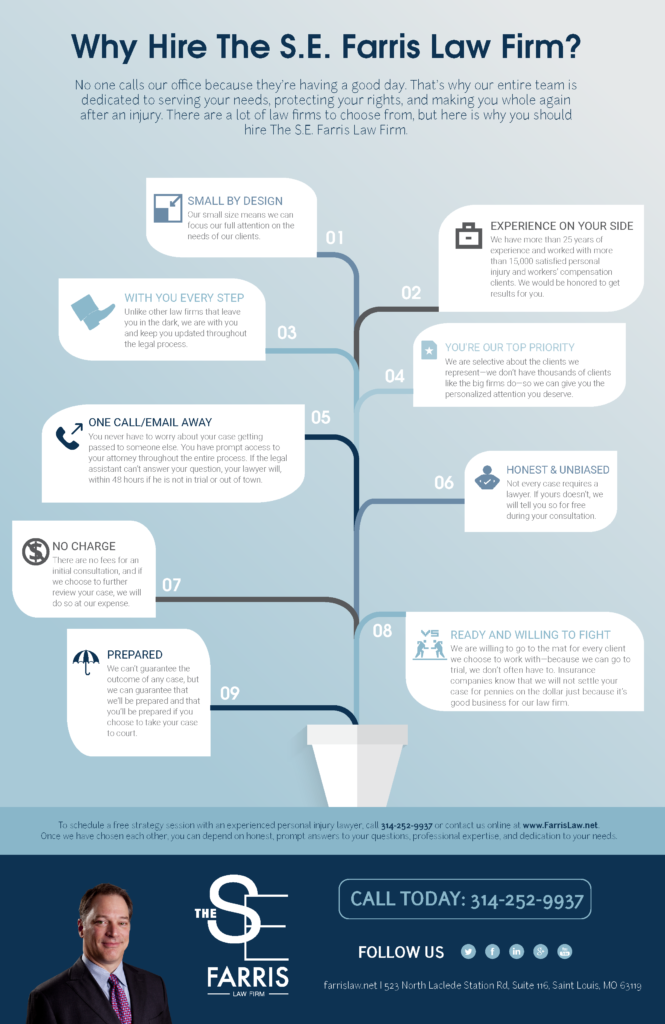Landlord-Tenant Regulation: A Real Estate Attorney'S Guide
Landlord-Tenant Regulation: A Real Estate Attorney'S Guide
Blog Article
Post By-Beck Vinding
When it involves landlord-tenant law, recognizing your rights and obligations is essential for both parties. You might believe you have a solid understanding on the fundamentals, but there are typically nuances that can capture you off guard. Whether you're a property manager taking care of a residential or commercial property or an occupant seeking a steady home, understanding the lawful landscape can make all the difference. What could stun you are the complexities associated with navigating conflicts and expulsion procedures.
Comprehending Lessee Rights and Responsibilities
When you rent out a residential or commercial property, it's vital to recognize your rights and responsibilities as a renter. You have the right to a risk-free and habitable living atmosphere, suggesting your landlord needs to maintain vital services like home heating, plumbing, and electrical energy.
local guide program qualified to privacy; property managers usually require to offer notification before entering your unit.
On the other hand, you're responsible for paying rental fee on schedule, keeping the building tidy, and not triggering damages past normal wear and tear.
Familiarize on your own with your lease contract, as it details particular regulations and commitments. Understanding these elements not only safeguards you however additionally fosters a positive partnership with your property manager.
Stay notified, and you'll browse your tenancy better.
Trick Property Manager Commitments and Legal Considerations
While you may know your legal rights as an occupant, it's similarly vital to understand your property owner's responsibilities.
Landlords should provide a safe and habitable living setting, making sure that essential systems like home heating, pipes, and electricity remain in working order. They're likewise in charge of making necessary repair work immediately and adhering to neighborhood building regulations.
Additionally, proprietors should value your privacy by offering proper notice prior to entering your system, usually 24 hours. They should handle down payment according to state regulations, including returning them quickly after you leave, minus any authorized reductions.
Comprehending https://www.dailystrength.org/journals/offering-a-home-why-you-might-need-a-real-estate-lawyer can aid you keep a positive relationship with your property manager and ensure your living situation satisfies legal requirements.
Browsing Disputes and Expulsion Procedures
Conflicts in between proprietors and tenants can arise all of a sudden, making it crucial for you to understand the processes involved in settling them.
First, communication is key-- try to go over problems straight to locate a concession. If that stops working, familiarize on your own with your local legislations relating to disagreements and expulsion. Record everything: keep documents of communications, payments, and any type of offenses.
If expulsion becomes needed, ensure you follow the legal steps called for in your location, which frequently includes providing written notification and a particular duration for resolution.
Be prepared to head to court if the scenario rises, as it may be your only recourse. Recognizing these processes will certainly aid you browse conflicts better and shield your civil liberties as either a property owner or lessee.
Conclusion
In summary, comprehending landlord-tenant regulation is vital for both events involved in a rental arrangement. By understanding your legal rights and responsibilities, you can cultivate a much better living atmosphere and prevent problems. If conflicts develop, keep in mind that a realty legal representative can aid guide you with the intricacies of expulsion procedures and lawful commitments. Staying informed and positive will guarantee a smoother rental experience, whether you're a landlord or a tenant.
